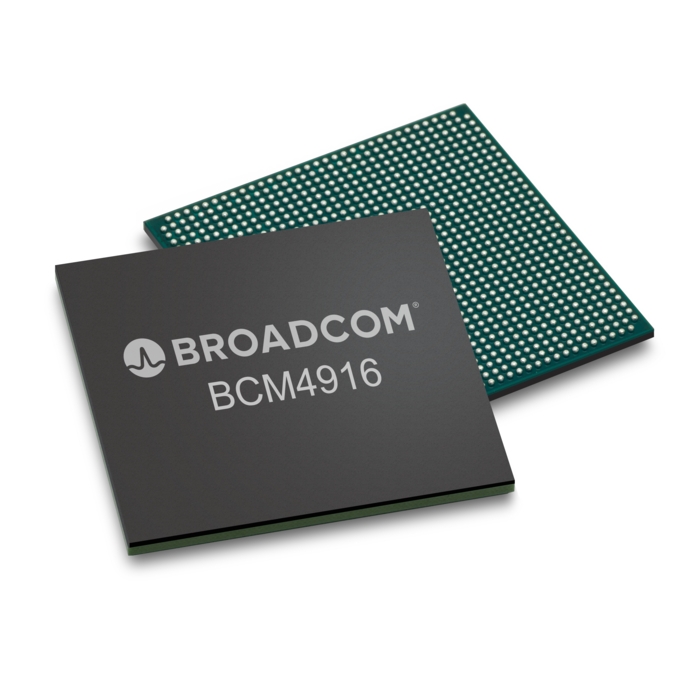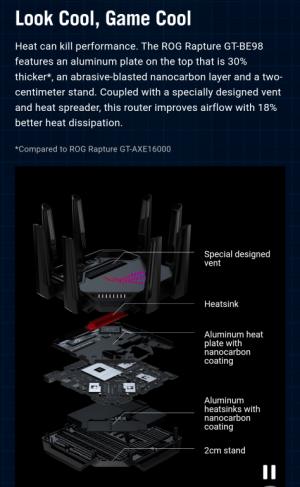jixiangyuan
Regular Contributor
Hi, I read that the BCM4908 is made using the 28nm process, and the B4912 is made using TSMC’s 16nm process, but I can’t find any information about the BCM4916 regarding process node online. Does anyone know which process it use?



